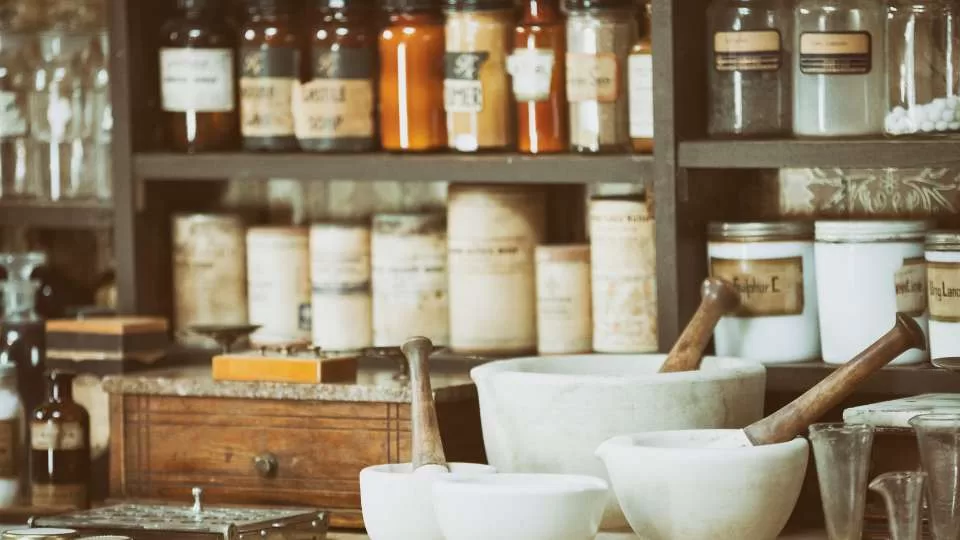The Roots: Apothecaries
Introduction
The apothecary profession has a long and largely forgotten history. Apothecaries, who were often pharmacists or druggists, were the people who made medicines for sale in 19th-century America. When you think about it, though, it makes sense that there was such an important role for medicine makers before modern medicine became popular. After all, humans have been using plants medicinally for centuries—before even the invention of modern medicine! So let’s take a look at that history as well as what exactly was sold at an apothecary in the 1800s.
The medicines weren’t only plants, though.
The medicines weren’t only plants, though—they also included botanicals like kratom, herbs like cloves, minerals like magnesium, and even in some cases animal parts. Sometimes these ingredients were used separately, but other times they were combined to create more powerful remedies. To make a common cough syrup from the 1600s, for example, apothecaries would grind together a mixture of three parts honeyed syrup to one part each garlic juice and honeyed wine (honey + vinegar), according to The Compleat Apothecary by Robert Boyle. Then they’d add one ounce of white sugar crystals dissolved in two ounces of water before straining out any plant matter left behind. This mixture was taken as needed during the day until symptoms subsided or improved.

As for what exactly was sold at an apothecary, historians are still researching the matter.
As for what exactly was sold at an apothecary, historians are still researching the matter. According to Dr. Mary Beard, an English professor at Cambridge University who specializes in ancient Rome and its culture, we know that many ancient societies had something akin to modern pharmacies: “[The Romans] would have had specialist herbalists who sold their wares from stalls or shops in the market place,” she told me over email. We also have records of ancient Greek medicine shops selling both raw herbs and prepared tinctures (a liquid form of medicine). So if you were going into one of these types of stores looking for a cure for your headache or stomach ache, it’s likely that they would either give you freshly dried plants to boil up yourself or sell some kind of pre-mixed remedy—like a tincture—that they’d prepare on demand.
As far as what kinds of things people bought at drugstores today go back then? “Particularly popular were treatments based on honey,” says Beard. “People also used aromatic substances such as cinnamon oil; colocynth juice [which comes from bitter gourds]; vinegar; wine mixed with myrrh resin; vinegar mixed with saltpeter (potassium nitrate)…” Both these concoctions would help relieve pain when applied externally; colocynth juice could also be ingested orally if desired but was not meant for internal use due to its high toxicity levels.”
And speaking of plants, it’s important to note that while they were a huge part of the 19th-century pharmacy, they weren’t even close to being the only thing sold at one.
While herbs were an important part of the apothecary’s trade, they weren’t the only thing sold at one. Animals, minerals, and other items were also on offer. Some apothecaries specialized in herbs while others specialized in minerals; still others did their best to stock everything under the sun.
It seems that Hundt and other 16th-century pharmacists depended on herbs shipped to German ports like Hamburg, which came mostly from Asia and America.
During the Renaissance, a German pharmacist named Hieronymus Hundt was the first to document the medicinal uses of herbs. Hundt was an educated man (he had a medical degree), and he wrote about the herbs he sold in his shop. He also described their medicinal uses in his own medical practice, as well as what they could be used for at home.
Hundt’s writing was an important step toward modern pharmacology because it showed how herbs were used to cure disease between 1530 and 1560.

Plants were often used medicinally long before apothecaries came about; for instance, Native Americans are known to have used Echinacea for centuries before Europeans documented its use.
The roots of apothecaries date back to the early days of human medicine. Native Americans are known to have used Echinacea for centuries before Europeans documented its use. Echinacea is a perennial flowering plant in the sunflower family, and it has long been used by Native American tribes to treat colds, sore throats and infections. In fact, Europeans were so fascinated by this herb that they began attempting to grow it on their own farms after learning about it from Native Americans.
Most apothecaries were located in the midwest or in major cities.
- Apothecaries were located in the Midwest and in large cities.
- They were also found in rural areas and southern towns.
- The Northeast had fewer apothecaries than other parts of the country.
There is a long history of using plants as medicine
There is a long history of using plants as medicine. The first known use of medicinal herbs dates back to the ancient Egyptians, who used them in their embalming process and for funerary rituals. As a result, they had an extensive knowledge of these herbs and their properties.
There is also evidence that other cultures, such as Native Americans and other indigenous people, have used medicinal plants for centuries before the emergence of modern medicine.
Conclusion
And, of course, it’s important to remember that the word “apothecary” is more than just an outdated term for a pharmacist. It’s also a nod to the time when medicine was treated with care and respect—a time when we could all learn something from our elders. As for modern day apothecaries you can check out our new and growing apothecary at Elixily or shop our botanicals online









